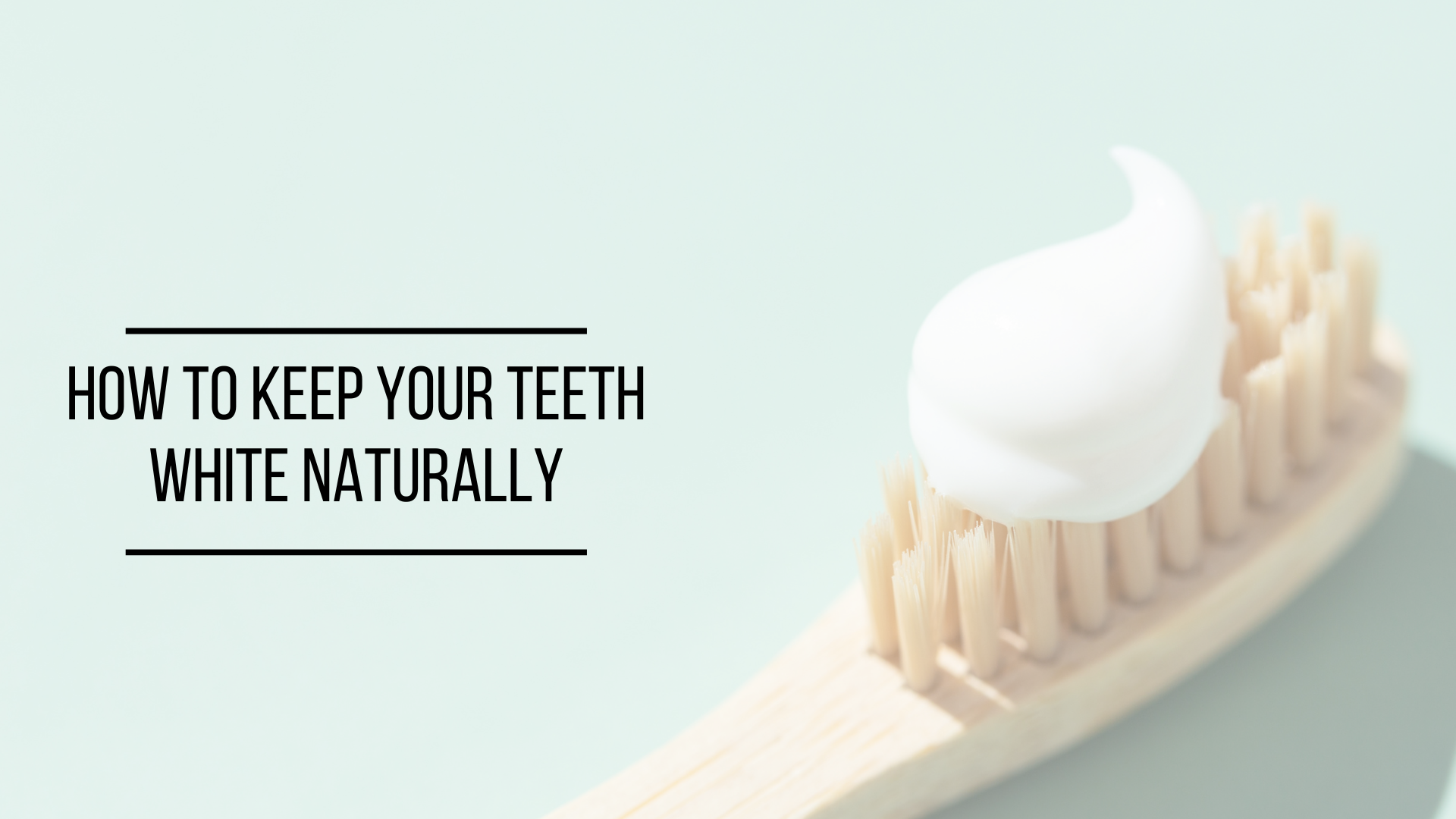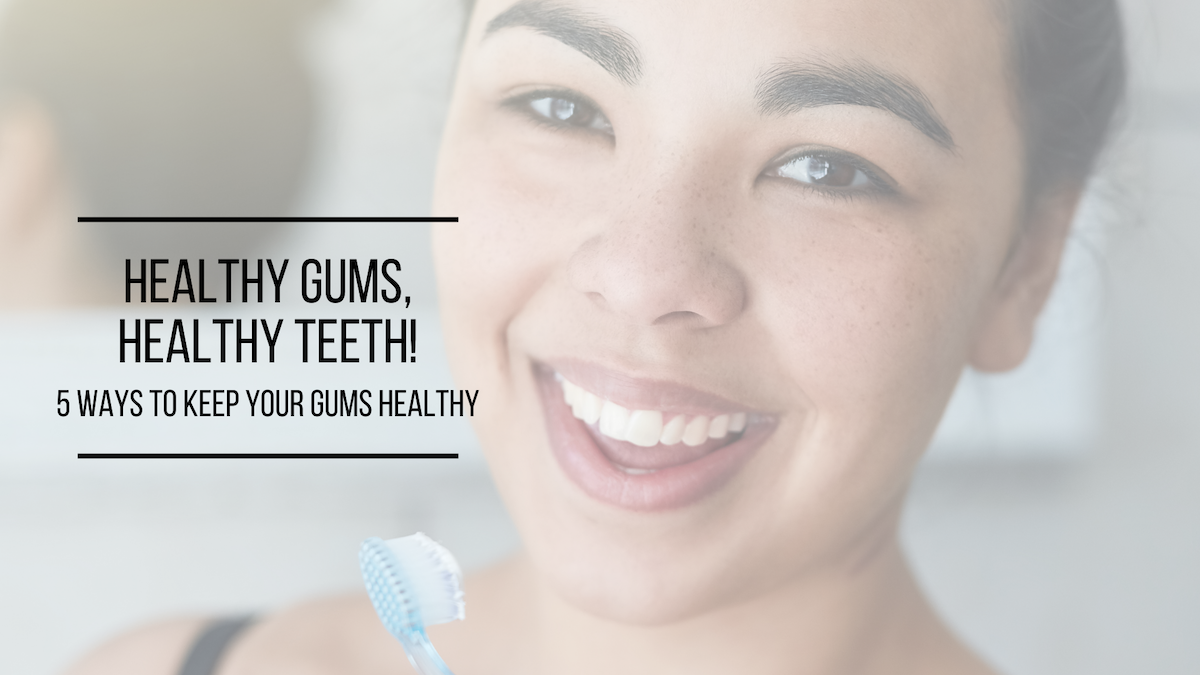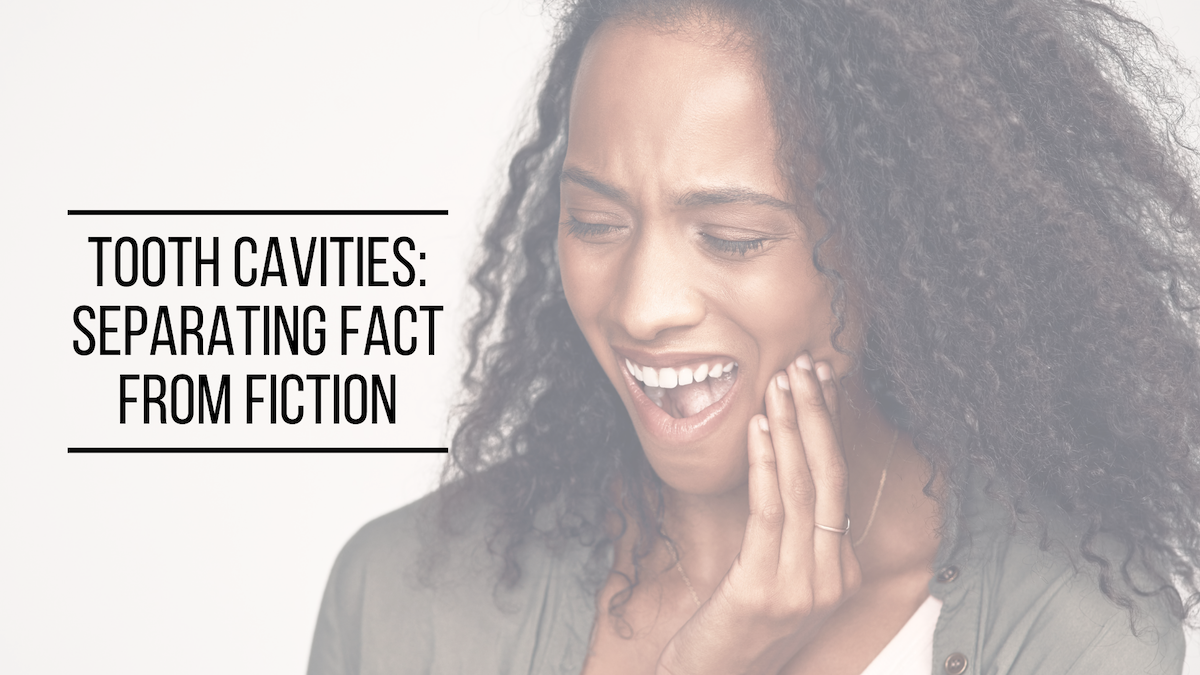Bright, white teeth help you to look and feel your best. While many products on the market can help whiten your teeth, there are also some natural methods for keeping your teeth white.
In this blog post, we will take a closer look at how to keep your teeth white naturally.
1. Eat Crunchy Fruits and Vegetables
Apples, celery, carrots, and other crunchy fruits and vegetables help to scrub your teeth while you chew. Eating crunchy foods also increases saliva production, which helps to rinse away bacteria and food particles that can contribute to the yellowing or staining of the teeth.
2. Rinse Your Mouth with Water After Eating
After eating, it is important to rinse your mouth out with water to wash away food particles that can cause staining. However, it is important not to use mouthwash since many contain alcohol and other harsh chemicals that are damaging to tooth enamel.
3. Avoid Coffee and Tea
Coffee and tea are known for staining teeth due to the tannins they contain. If you do choose to drink these beverages, try to limit your intake and rinse your mouth with water afterward.
4. Use Baking Soda
Baking soda is a mild abrasive that can help to remove surface stains from the teeth. To use baking soda as a tooth whitener, mix one teaspoon of baking soda with two teaspoons of water to form a paste. Apply the paste to your toothbrush and brush gently for two minutes before rinsing with water.
5. Use Coconut Oil
Coconut oil can help to remove plaque and bacteria from the teeth, leading to whiter teeth over time. To use coconut oil as a natural whitening agent, swish one tablespoon around your mouth for 10-20 minutes. Do this once a day and you could begin to notice results in a few weeks.
Professional Teeth Whitening Options
It is important to note that not all stains can be removed without professional dental care. If you have stubborn stains or discoloration, it is best to consult with your dentist for the most effective treatment. Here are some professional teeth whitening options that are available:
In-Office Teeth Whitening
This is a high-powered bleaching treatment that takes place in the dentist’s office. It can produce results in just one visit but may cause sensitivity in some people.
Take Home Teeth Whitening Kits
These kits come with custom-fitted trays that you fill with a bleaching agent and then wear for a certain amount of time each day. These kits work over several weeks.
No matter what method you choose to keep your teeth white, it is important to maintain good oral hygiene habits by brushing twice daily, flossing, and rinsing with water after meals. This will help to keep your teeth healthy and looking their best!
If you need further advice on how to keep your teeth white naturally, be sure to talk to our team on your next visit. We will be happy to provide you with personalized tips and treatments that are tailored to your specific needs.
With the right care and attention, you can show off a beautiful smile for many years to come!
















